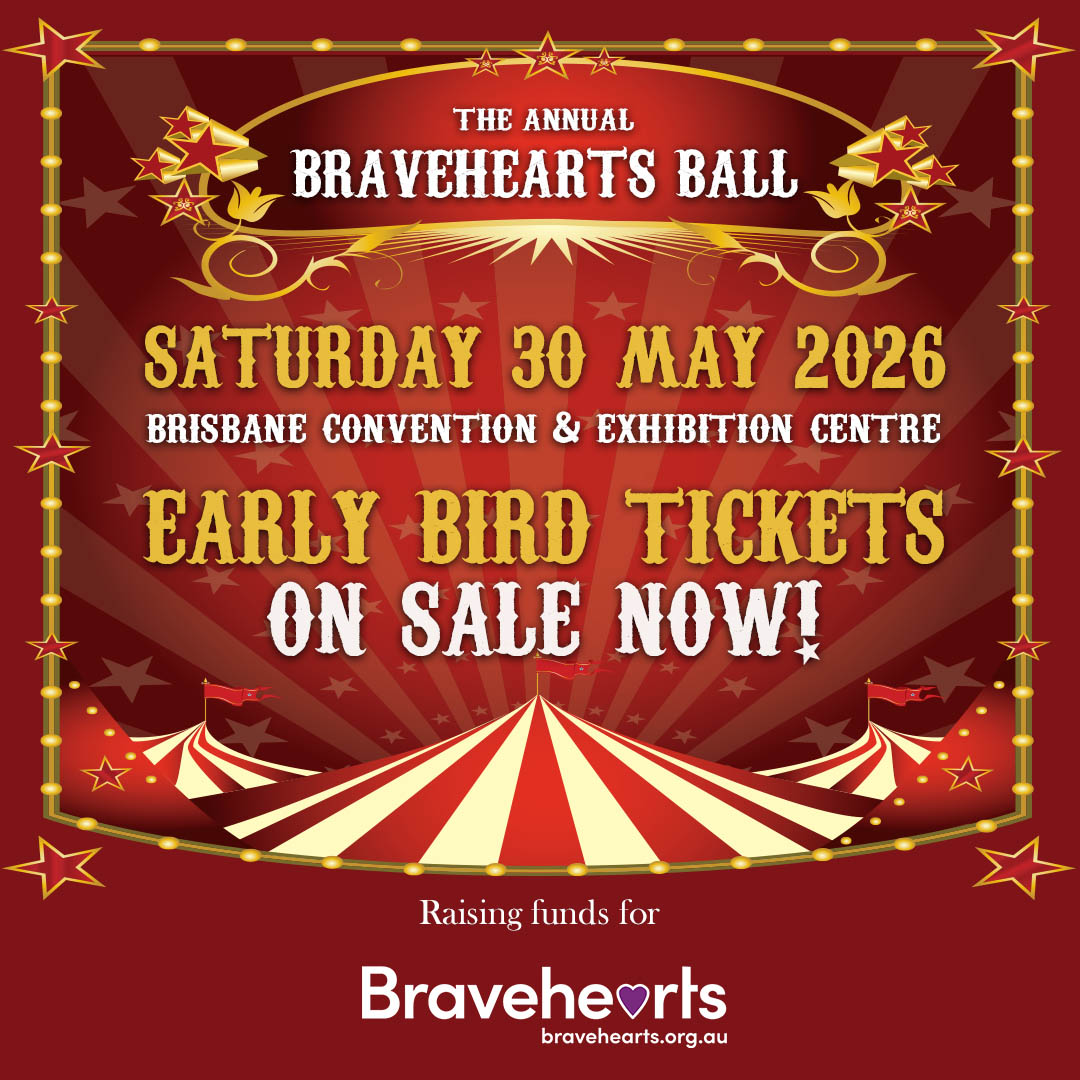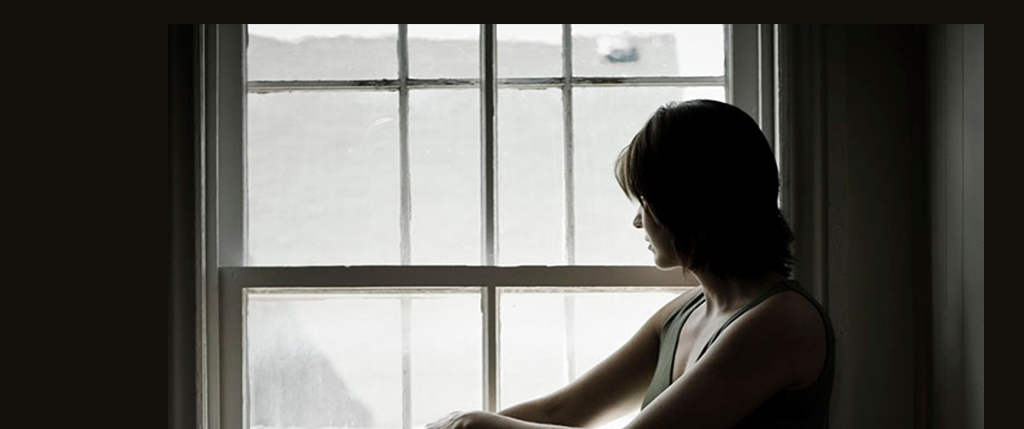About Child Sexual Abuse
- Free Resources
- What is Child Sexual Abuse?
- What are the Signs of Child Sexual Abuse?
- What are the Effects of Child Sexual Abuse?
- What is Grooming?
- What is Consent?
- Sexual Behaviours in Children
- Myths About Child Sexual Abuse
- Online Grooming & Child Sexual Exploitation
- Teaching Children Personal Safety
- Responding to a Disclosure of Sexual Abuse
- Historical Child Sexual Abuse
Helpful Links
- Home > About Child Sexual Abuse > Historical Child Sexual Abuse
What is Historical Child Sexual Abuse?
Historical child sexual abuse is a term used to describe child sexual abuse that happened to someone (now an adult) when they were under the age of 18. This could mean the abuse happened years or decades ago and in many cases, the abuse is not disclosed for many years.

Institutional Child Sexual Abuse
The term ‘institutional child sexual abuse’ is used to differentiate child sexual abuse in an institutional context from that which occurs in the family or other settings. It can take place in a variety of settings such as:
- On the premises of an institution, such as a school, church, a club, an orphanage or a children’s home;
- Where activities of an institution take place, such as a sporting facility or camp;
- By an official of an institution, such as a religious figure like a priest or nun, a teacher, coach, or camp leader.
Many cases of historical child sexual abuse have been linked to institutions, with the abuse often not being disclosed for many years.
Institutional child sexual abuse may be perpetrated by a single individual on a single victim, however, those that commit abuse in an institutional setting often have multiple victims. Institutional child sexual abuse can also involve several people committing abuse within the same institution and also includes abuse by peers.
Individuals who commit abuse in institutional settings may use threats and force, but often ‘groom’ their victims to gain compliance and ensure their silence. Grooming can involve a range of actions such as the use of rewards, favouritism, alienation from family and friends, and the normalisation of abusive activities. Similar tactics can be used on colleagues, others in the organisation and families, to ensure access to victims and prevent detection and gain trust.
How Can I Get Support and More Information?
Acknowledging, understanding and dealing with the emotional impacts of child sexual abuse can be an incredibly difficult process. The first step may be to speak to the Police to discuss what options are available to you.
If you are a survivor of institutional child sexual abuse, you may be able to submit an application to the National Redress Scheme (NRS). The NRS was established by the Commonwealth Government of Australia in response to the Royal Commission into Institutional Responses to Child Sexual Abuse. The Scheme provides acknowledgement and support to people who experienced institutional child sexual abuse.
Under the Scheme, a person entitled to redress can receive:
- Access to counselling
- A payment, and
- A direct personal response from the institution(s) (for example, an apology)
Some survivors may also be able to pursue a civil claim against an institution. A civil claim is when you sue someone for compensation (money), a civil claim can be decided by a court or through an out-of-court settlement.
Please contact Bravehearts Information and Support Line Freecall 1800 272 831 (Monday to Friday 8.30am to 4.30pm AEST) for advice about applying for Redress, visit the National Redress website or call the National Redress Information Line on 1800 737 377.
 BACK
BACK





